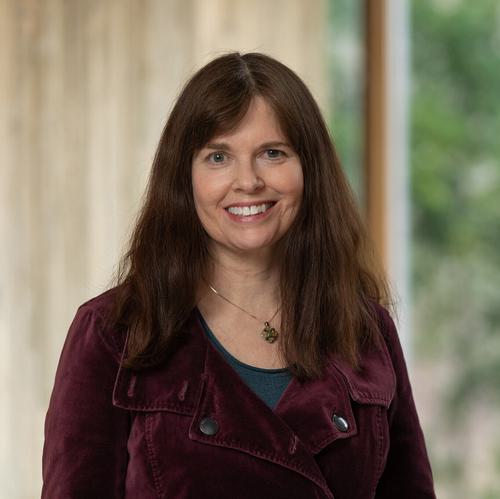
Alison Hickey
Associate Professor of English
Specialist in English Romanticism; teaches Romantic Poetry and other literature courses with an emphasis on poetry.
My main field of research is Romanticism; my teaching interests center on English Romantic poetry and extend forward in time to contemporary British, Irish, and American poetry and back as far as Shakespeare, Donne, Herbert, Marvell, and other 17th-century writers. From time to time, I make a foray into Comparative Literature, my undergraduate major.
I regularly teach Romantic and Victorian poetry, a first-year seminar called Creating Memory, and a cross-listed English and Environmental Studies course, From “Nature Poetry” to Ecopoetics. My recurring 300-level courses include Love, Sex, and Imagination in Romantic Poetry; Romantic Siblings; and Keats and Shelley.
Publications include a book on Wordsworth (Impure Conceits) and essays, book chapters, and reviews in Studies in Romanticism, ELH, and The Cambridge History of English Poetry. For my work on literary collaboration, I have held a Bunting Institute Fellowship and received funding from the NEH.
I have two sons in their twenties. I love listening to music, playing with words, walking, bicycling, traveling to new places and revisiting old familiar ones, and singing with the Back Bay Chorale. I'm an avid consumer of audiobooks and podcasts.
Education
- B.A., Harvard and Radcliffe Colleges
- M.A., Yale University
- M.Phil, Yale University
- Ph.D., Yale University